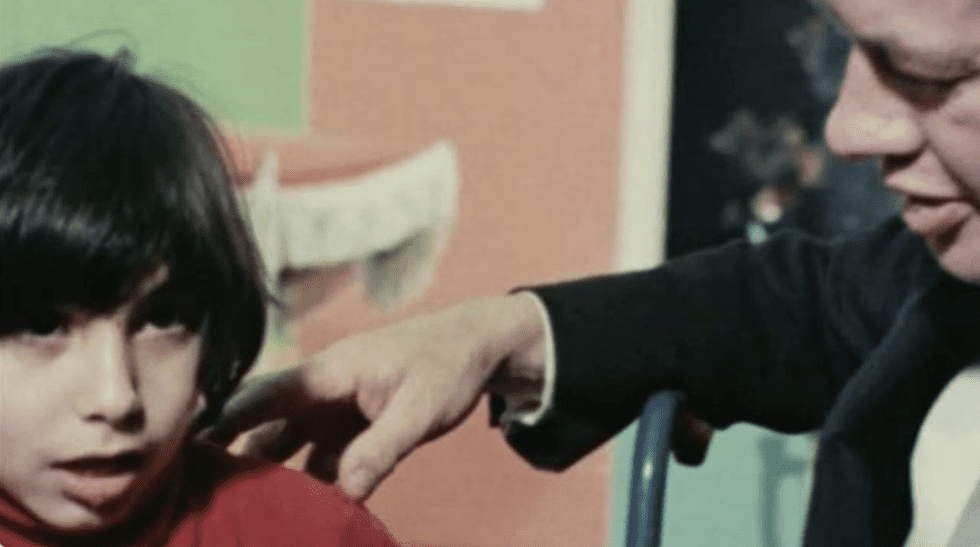

The plight of disabled children held in appalling circumstances.
“Perhaps you think these children should never have been allowed to live. I believe you’re wrong. The question, surely, is, how sane is a society that shuts away children who can be part of the life of the community?”
A social scandal involving Britain’s youngest people is the subject of Nobody’s Children. John Pilger reports that the 1971 census revealed that one-third of all disabled children in institutions were given no intelligence testing for more than 10 years and MENCAP, which represented them, believed that many should not have been locked away in such places.
At Leiston mental hospital, near London, he finds cold, damp corridors that sometimes flood and children who have been dumped and isolated from “safe society”. At Darenth Park Hospital, Kent, he discovers one nurse looking after 25 children, a reflection of the staff shortages acknowledged in a White Paper as leading the youngsters to become apathetic and sinking into a state of physical and social dependence.
However, Pilger is able to report better news from Harperbury Hospital, Hertfordshire, where a doctor introduces him to children showing progress, including a boy who is starting to feed himself and becoming more aware of the world around him following help from an orthopaedic surgeon. Similarly, at the Hilda Lewis Centre for children with severe learning difficulties , in London, he finds youngsters singing happily in an institution where each child has one-to-one care.
Overall, though, there is little chance for those featured in this film to be given community placements or attend classes for disabled children with learning difficulties in ordinary schools. Pilger finishes with the words: “The children you’ll have seen in this film won’t go away. They exist, they feel, they are aware, they laugh, they need. They are everybody’s children.”
(Pilger, ATV), ITV, 9 January 1975
Producer-director: John Ingram (27 mins)


